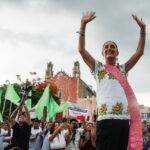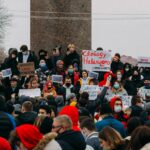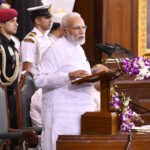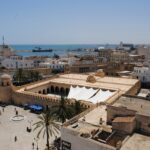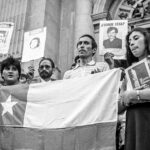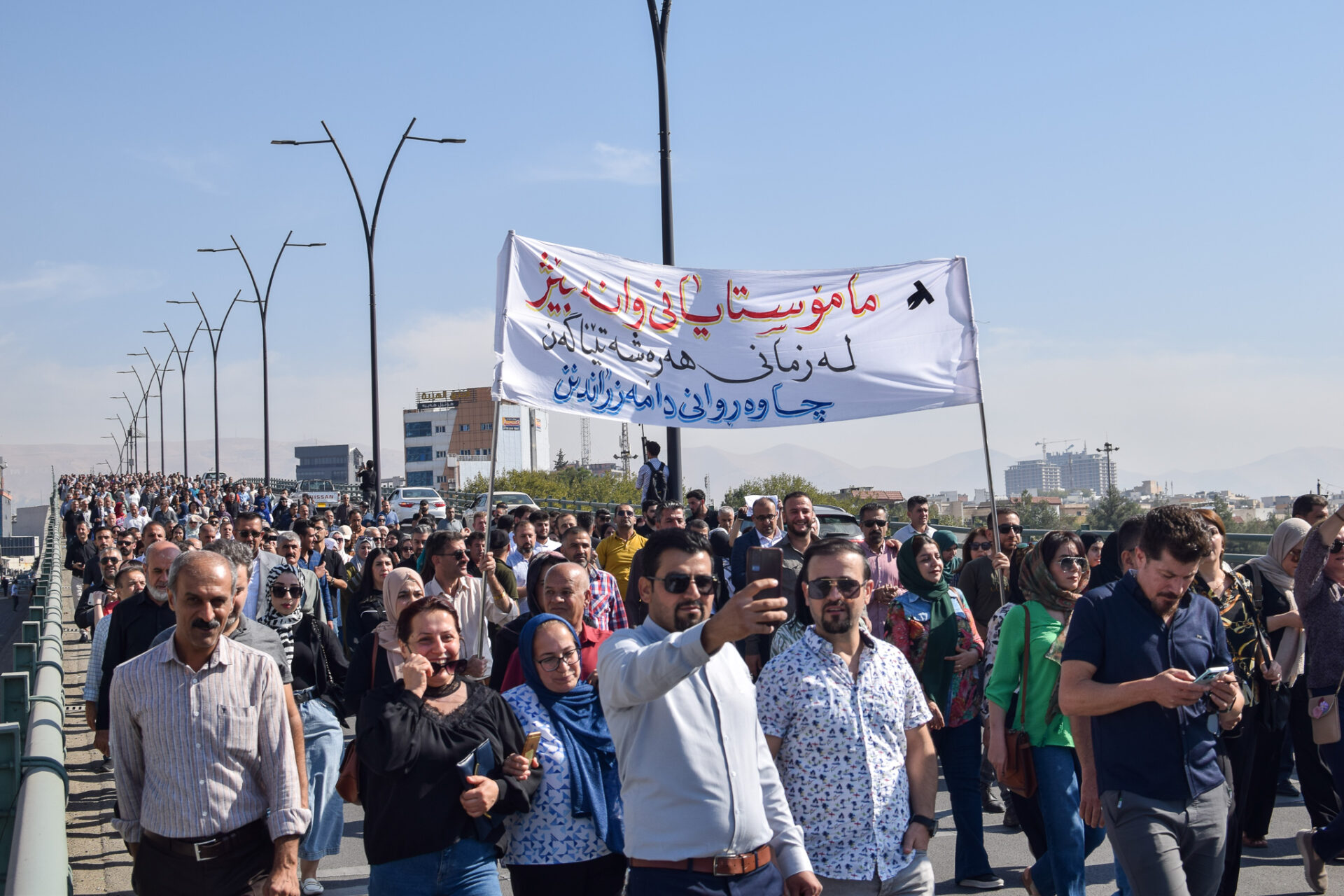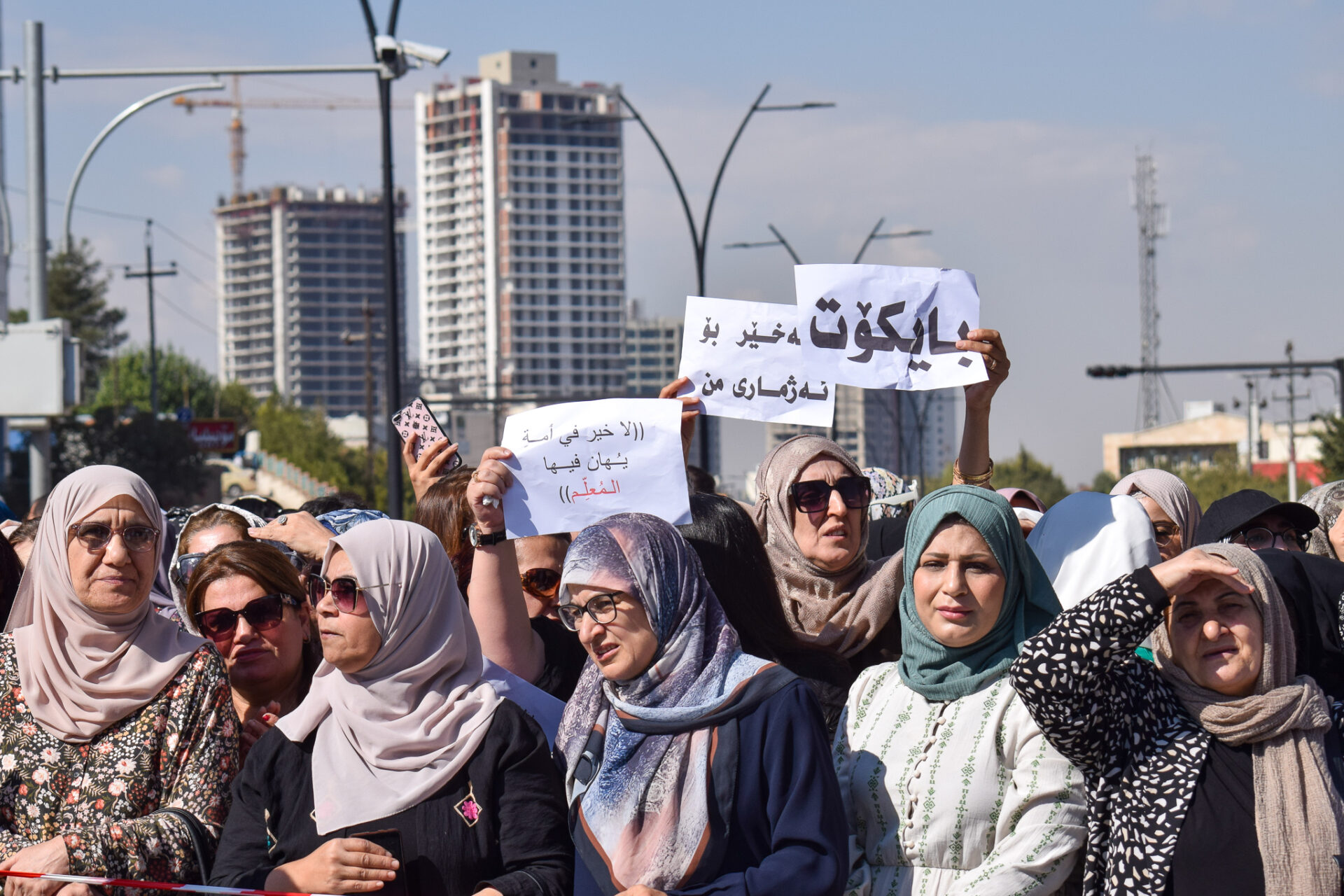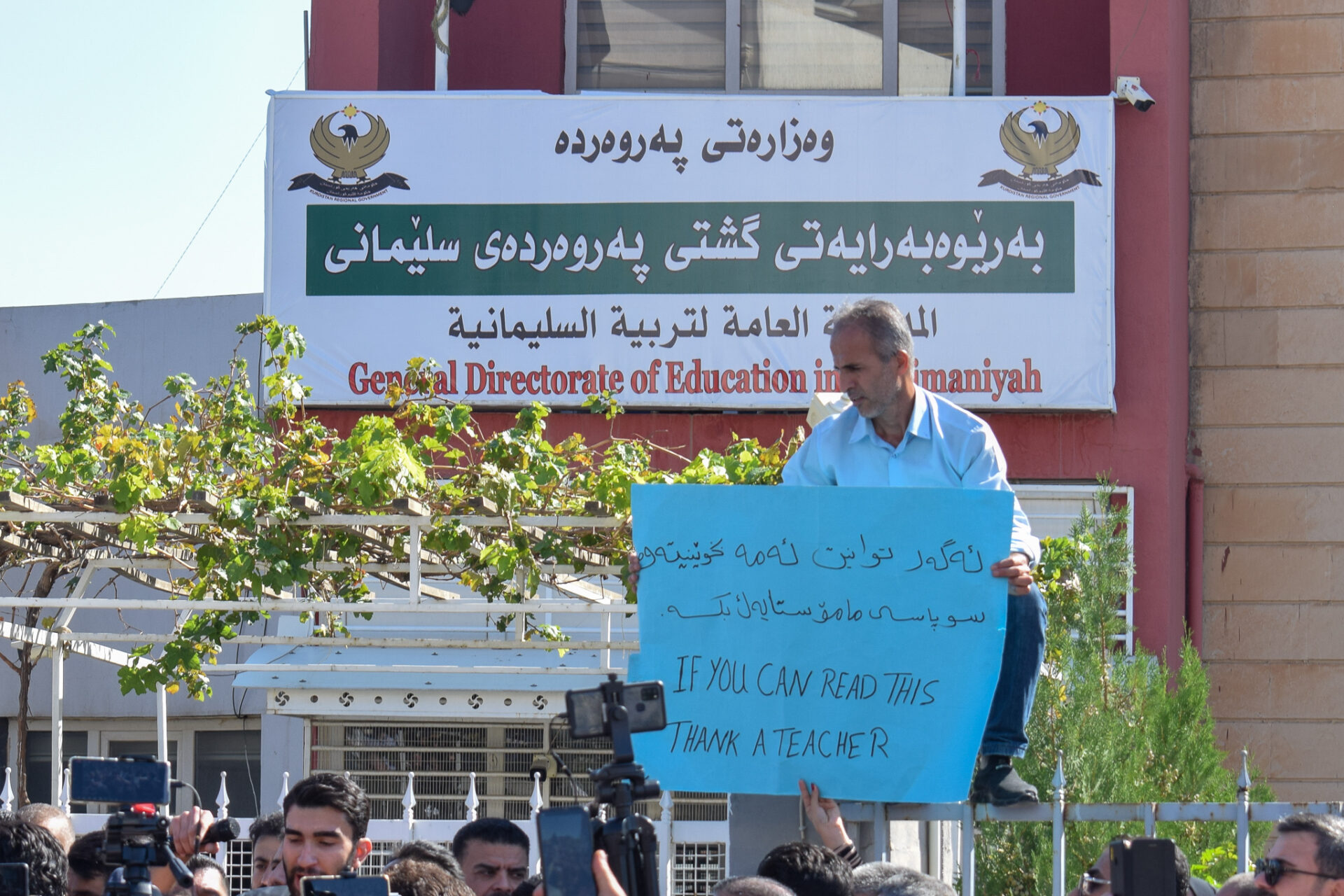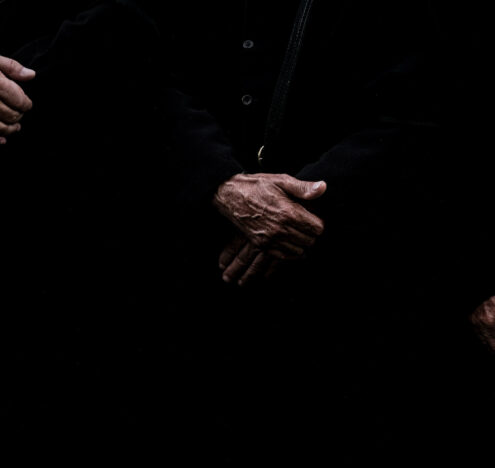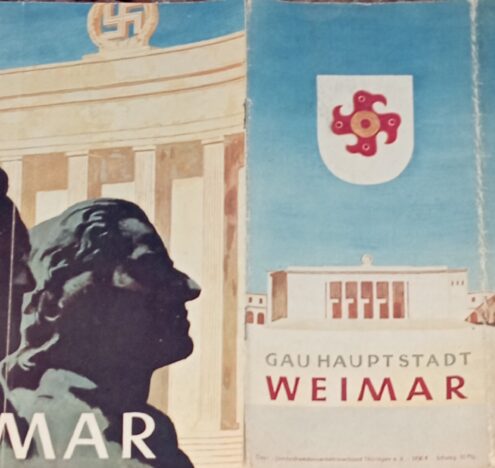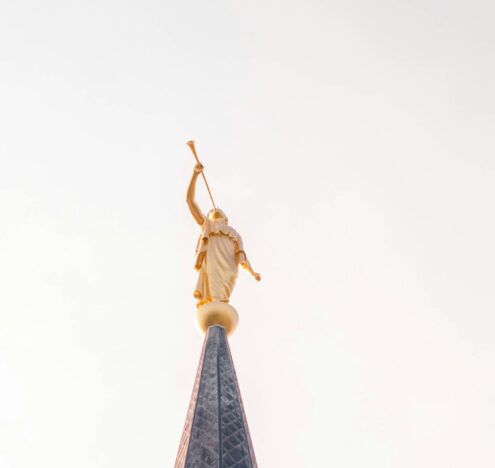Ali is a member of the Dissenting Teachers’ Council, which was established in 2014 and coordinates strikes and protests. It is not an official labor union, but is part of a new kind of politics in the Kurdistan Region that is developing outside of institutions dominated by the ruling parties. “Our Council has its mandate from the street, from the demonstrations,” Ali said. “Our Council represents the desire of the teachers and expresses what they are fighting for.”
Concerns over Governance
The Kurdistan Region enjoys a high-level of autonomy within Iraq. It has its own government, known as the Kurdistan Regional Government (KRG). With about 1.2 million civil servants, the public sector is by far the most important employer. The education ministry employs more than 160,000 people, a large number of whom are public school teachers.
Most Kurds support these institutions as an important expression of Kurdish self-governance, which was secured after decades of struggle against the government in Baghdad. However, many have deep concerns about the quality of governance that they offer.
The KDP and the PUK dominated the KRG’s institutions, and both have used their influence to establish pervasive patronage networks throughout the public sector. For decades, this has been accepted as part of an implicit social contract, where the parties provide employment in return for political support.
How can we pay the rent if we don’t receive our salaries?
– Saman Tahir Ali
However, this bargain has steadily unraveled since 2014 with the KRG struggling to pay public servants in-full and on-time because of low oil prices and budget disputes with Iraq’s federal government in Baghdad. To deal with its cash flow problems, the KRG instituted a number of unpopular austerity programs, including withholding portions of monthly salaries, freezing hiring and promotions, and offering insecure contracts to teachers.
Since July 2019, when the current cabinet took office, the KRG has only paid 37 monthly salaries in-full, or about 63%t of the time. Many of these payments came late. In May 2020, when public servants received their salary for classes taught in January, one especially cheeky teacher from Koya showed up wearing a winter coat and gloves to collect his money despite it being 97 degrees outside.
“We Teach Children”
As the new school year approached in September 2023, the KRG was three months behind paying its workers. In response, the teachers announced a strike that would ultimately last until February. Previously, the longest such strike had lasted 52 days. Their main demands included direct salary payments from the federal government, which is generally regarded as a more reliable paymaster, and the resumption of promotions.
Due to the size and importance of their sector, the teachers’ message carried significant weight and created space to call for substantive reforms to governance in the Kurdistan Region.
“We teach children …we have to call for the right things. Teachers are important in society. Every progress in society is made by education. And, of course, education is led by teachers,” Hevi Azad, a high school English teacher in Sulaymaniyah, said at a protest last October.





